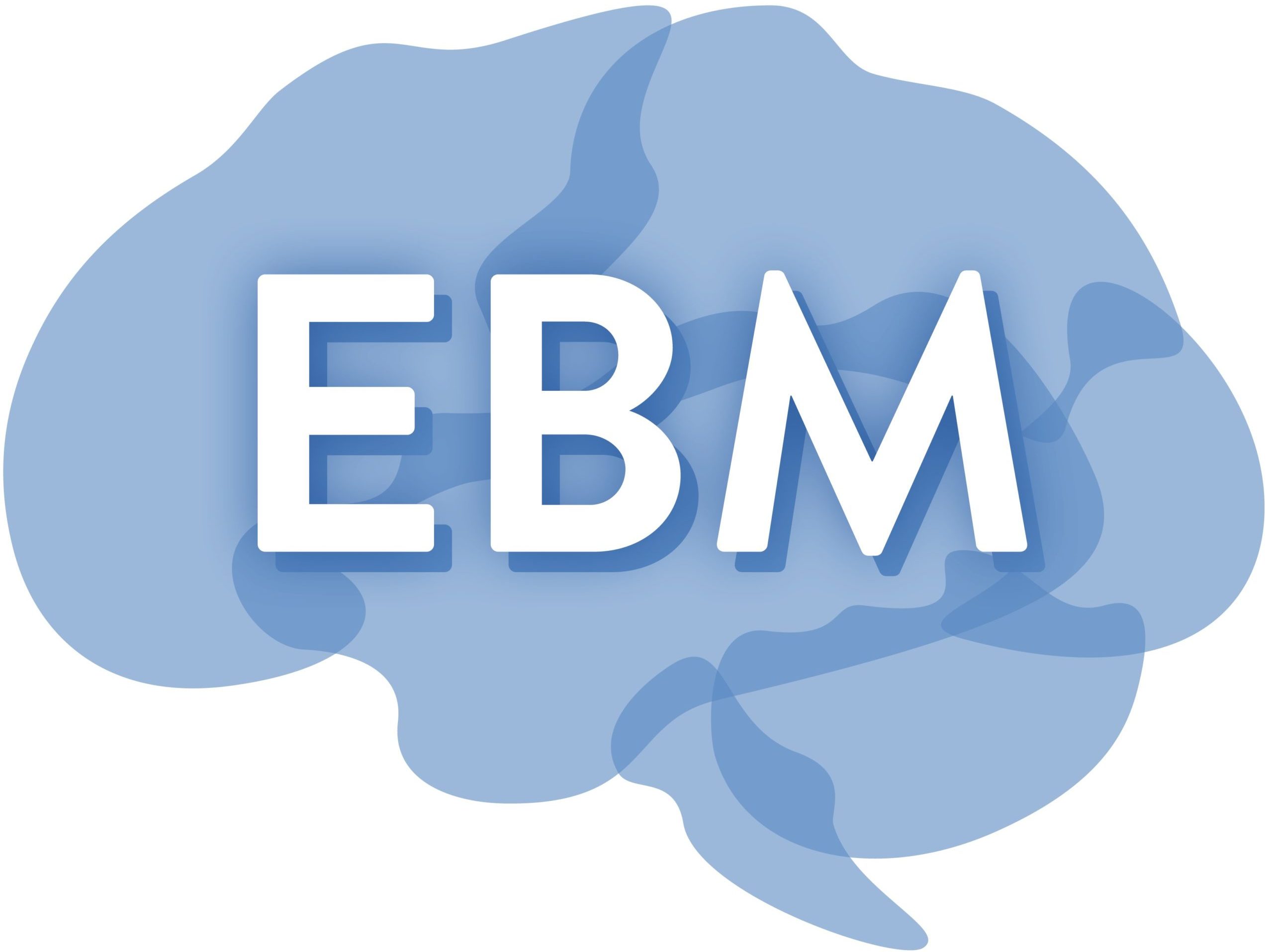X02: Data analysis and machine learning for heterogeneous, cross-species data
Machine Learning (ML) and specifically Deep Learning (DL) has revolutionised signal and especially image processing, with unprecedented possibilities to automate quantitative analysis. While the methods developed in this field translate well across a variety of tasks, they often need large amounts of data and especially data with corresponding high-quality ground truth correspondences (gold standard measurements/labels/annotations) to adapt the parameters of the underlying models for each new application. Within the EBM consortium, a wealth of genetic, biochemical, mechanical, and imaging data will be acquired in different projects, spanning different species, experimental settings, and modalities. To utilise this data to its full extent and support quantification of experimental results, project X02 will firstly generate tools and models to integrate machine learning and deep learning techniques within the projects of this collaborative research consortium (CRC). Furthermore, we will promote and provide expertise for the use and release of collected data to online open data repositories to interface with the global research community.
Secondly, X02 will use the data acquired within EBM to investigate methods to transfer knowledge under different domain shifts, and thereby enable novel insights into measurement modalities like Brillouin microscopy and atomic force microscopy (AFM)-based nanoindentation in combination with histological analysis and fluorescence imaging. Within the consortium, in silico and in vitro data will generate significantly more specific, annotated data than in vivo experiments; similarly, more extensive measurements on organoids or less complex organisms will be available compared to higher level organisms and in particular humans. This opens the challenge and the potential of transferring knowledge and deep learning architectures trained by richly annotated, high-quality data to new domains in which data and respective ground truth correspondences are difficult to obtain. Therefore, investigating the generalizability of neural networks with the goal of improved transferability (transfer learning/few-shot learning) and easier domain adaptation will be central to this project and to the further application of machine learning within EBM. Core collaboration for this will be A01, A02 as well as B01, B02, B03 and X01. The approaches and advances developed within X02 will systematically be made available to projects in EBM that utilise machine learning models.
Lastly, informed by the aforementioned investigations, X02 will look into the modularisation of neural networks. Firstly, encapsulating low-level preprocessing and increasingly high-level analysis steps like feature accumulation and classification or regression will allow us to combine different measurements and modalities in an inherently flexible manner. Secondly, we will combine highly flexible, fully learning-based modules with known operators, which model specific physical and mechanical relationships. This will allow us to further reduce the number of parameters in the modules, thereby reducing the need for data in a new target application. Here, we will tightly collaborate especially with A01, A02 and X01 to investigate the extent to which real measurements can be complemented or replaced by machine learning-based predictions.
These three components will allow us, on the one hand, to combine insights that go beyond those of the individual projects by using machine learning. On the other hand, it further enables us to identify promising targets for machine learning approaches and the corresponding data requirements for later funding periods to integrate additional learning-based modules in the modelling frameworks developed within this consortium and improve speed, predictiveness and flexibility of these approaches for diagnosis, prognosis and treatment of neurodegenerative diseases and spinal cord injury.
Project leaders: Prof. Dr.-Ing. habil. Andreas Maier/Prof. Dr.-Ing. Katharina Breininger
Positions: 1 postdoctoral researcher
